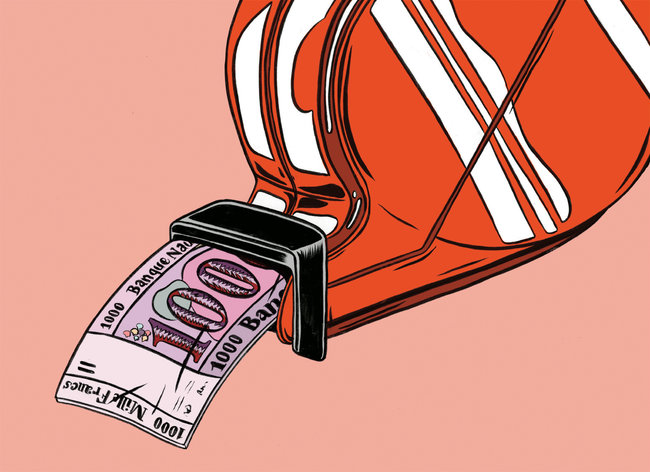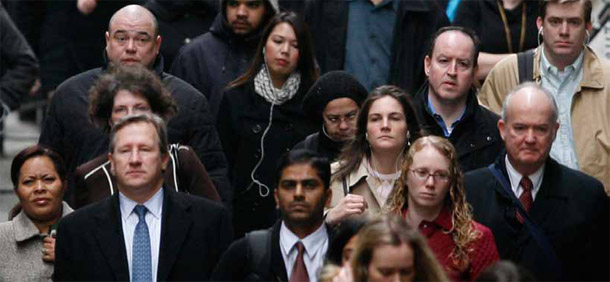America’s Dumbest Idea Yet

The Article: America’s dumbest idea: creating a multiple-choice test generation by Erika Sánchez in The Guardian.
The Text: A few years ago, I met with my former high school social studies teacher to catch up over drinks. “Miss F” was one of my favorite teachers and we hadn’t seen each other in about 12 years. As we reminisced about our field trips, my other classmates, and my hilariously unfortunate fashion choices, she revealed to me that she and many of my former high school teachers refer to that time as “the golden era”. I was shocked. How could it be that the school district had become worse since I graduated?
My high school, which is located in a working class Latino suburb bordering Chicago, was overpopulated, underfunded, and in my opinion, incredibly stifling. Needless to say, I resented going there. I felt we were disenfranchised and were not given the same opportunities that affluent schools provided their students.
I should have realized how lucky I really was when I was in college, however. Unlike many of my classmates, I cranked out papers with little difficulty because I knew how to synthesize information and formulate an argument. Writing a thesis statement was a freaking breeze. But at the time I had no idea that these skills were a luxury.














